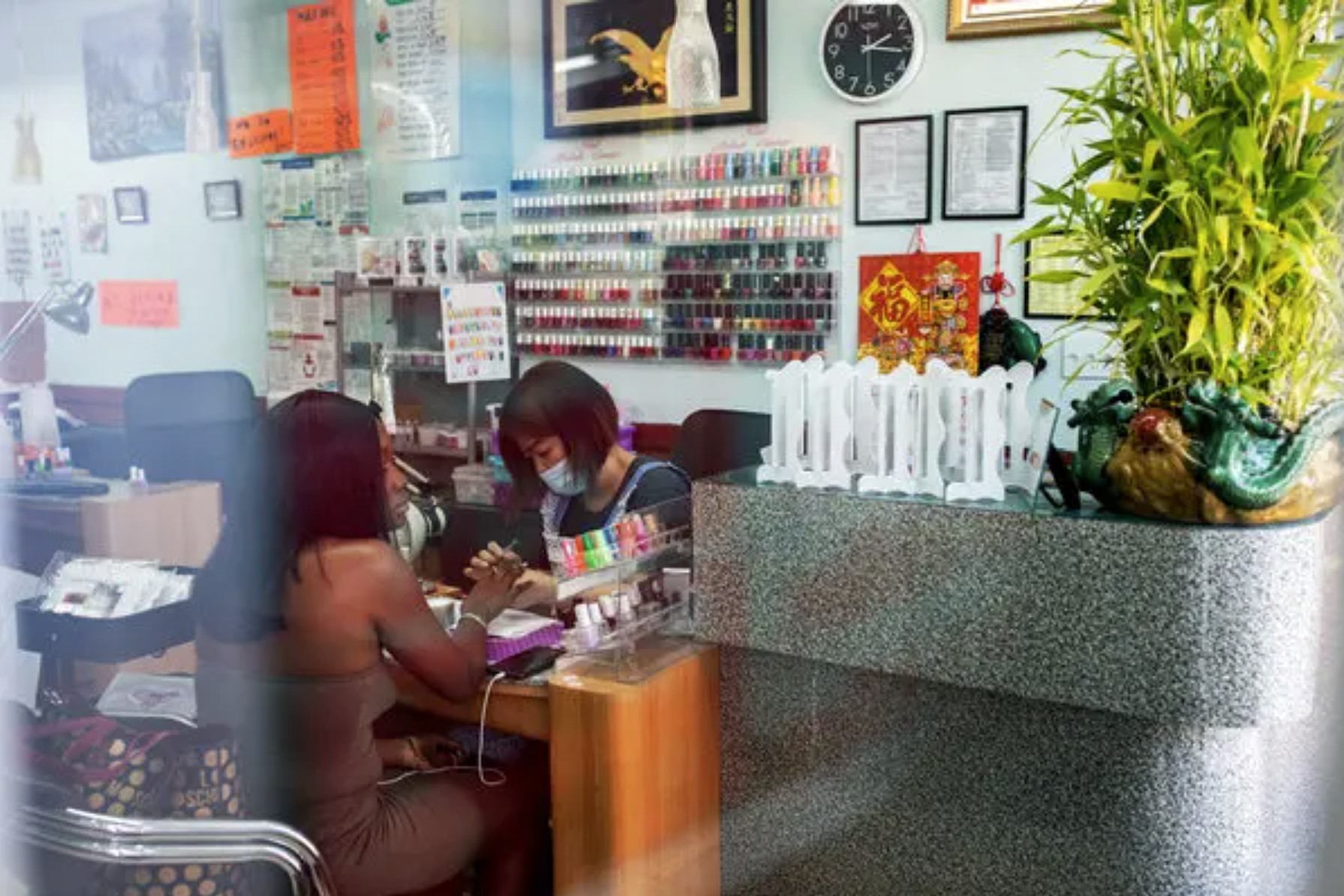In the realm of small businesses, nail salons owned by Vietnamese immigrants are encountering a troubling and growing issue: chargebacks and fraudulent disputes. These problems are not only eroding their hard-earned profits but also threatening the very existence of their enterprises.
The Chargeback Crisis
Chargebacks, where customers dispute a credit card transaction and reverse the payment, are becoming increasingly problematic for small businesses. The beauty industry, particularly nail salons, is facing a surge in these disputes. For Vietnamese-owned salons, the situation is compounded by targeted fraud and cybersecurity vulnerabilities.
A Case in Point: The Nguyen Salon Incident
Consider the Nguyen Salon, a small but popular nail salon in Houston, Texas, owned by Mai Nguyen, a Vietnamese-American entrepreneur. Recently, Nguyen Salon fell victim to a sophisticated phishing attack. Cybercriminals gained access to the salon’s payment system, leading to unauthorized transactions and an alarming number of chargebacks. The fallout was severe: Nguyen Salon faced over $50,000 in chargebacks within a few months, alongside additional fees and the burden of reputational damage.
Nguyen's salon, like many others, struggled to contest these chargebacks effectively. The process of disputing chargebacks is complex and often requires extensive documentation, which can be challenging for small businesses with limited resources. Despite providing evidence that services were rendered as described, Nguyen Salon was unable to recover a significant portion of the lost revenue.
Industry-Wide Impact
The situation at Nguyen Salon reflects a broader issue within the beauty industry. According to a 2023 report by Chargebacks911, the beauty and personal care sector faces chargeback rates up to 0.5%, double the industry average of 0.2%. Additionally, the Visa 2023 Global Fraud Benchmark Report highlights that the beauty industry is among the most targeted sectors for fraudulent transactions, exacerbating the chargeback problem.
Vietnamese-owned businesses are particularly vulnerable. The 2023 Fraud and Chargeback Report reveals that these businesses are more likely to experience cybersecurity breaches due to limited resources for implementing advanced security measures. The report also notes that such businesses often face higher chargeback rates because of less familiarity with dispute resolution processes.
The Financial and Emotional Toll
For Vietnamese salon owners like Mai Nguyen, the financial impact of these chargebacks extends beyond immediate losses. The cost of chargeback fees, which average $15 to $25 per transaction, accumulates quickly. Moreover, the salon’s reputation suffers as negative reviews and customer complaints spread. The emotional toll on business owners dealing with fraud and disputes cannot be understated, as they grapple with financial instability and stress.
Strategies for Mitigation
To combat these challenges, Vietnamese-owned nail salons can adopt several strategies:
- Enhanced Cybersecurity: Investing in robust cybersecurity measures, including fraud detection tools and secure payment systems, can help prevent unauthorized transactions. Visa and Master Card, Department of Bank Card ( DBC ) are those two department is popular with Fraud and Chargeback protection.
- Clear Communication: Providing detailed service descriptions and obtaining clear consent from customers can reduce disputes over service quality.
- Effective Chargeback Representment: Developing a structured process for contesting chargebacks, including maintaining thorough documentation of transactions and customer interactions, is crucial.
- Staff Training: Educating employees on transaction handling and dispute resolution can further mitigate the risk of chargebacks.
Conclusion
The chargeback and fraud issues facing Vietnamese-owned nail salons underscore a critical challenge for small businesses in the beauty industry. As these enterprises navigate an increasingly complex landscape, adopting proactive measures and understanding the nuances of chargebacks are essential for their survival and success. By addressing these issues head-on, business owners can better protect their financial health and continue to serve their communities with confidence.
Media Contact
Company Name: Nails Mag
Contact Person: Taylor Keenan
Email: Send Email
Country: United States
Website: www.nailsmag.com















